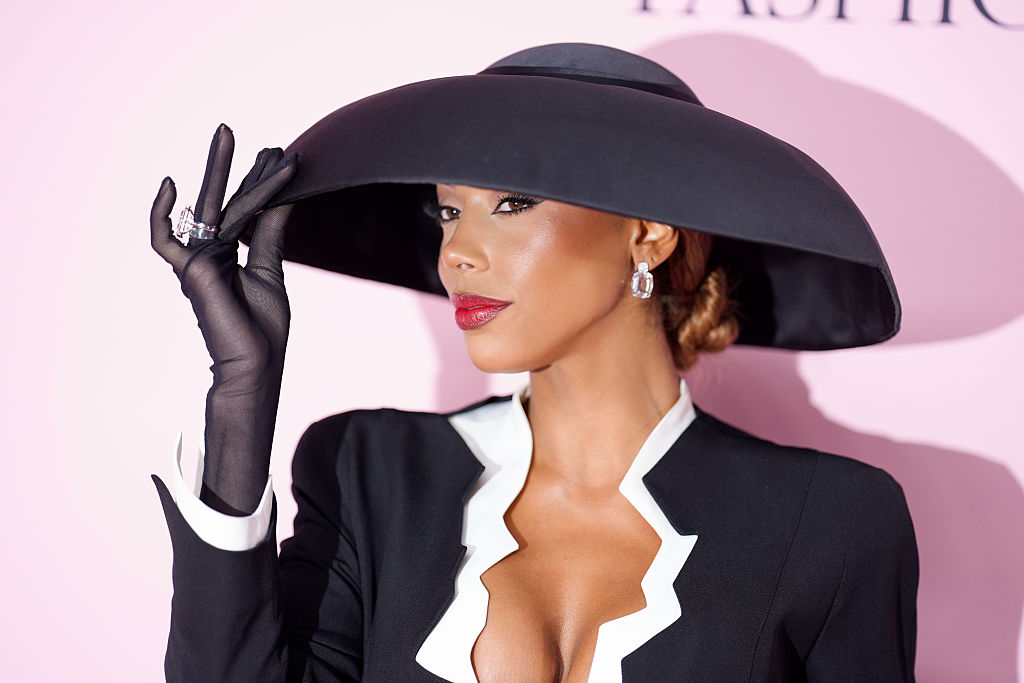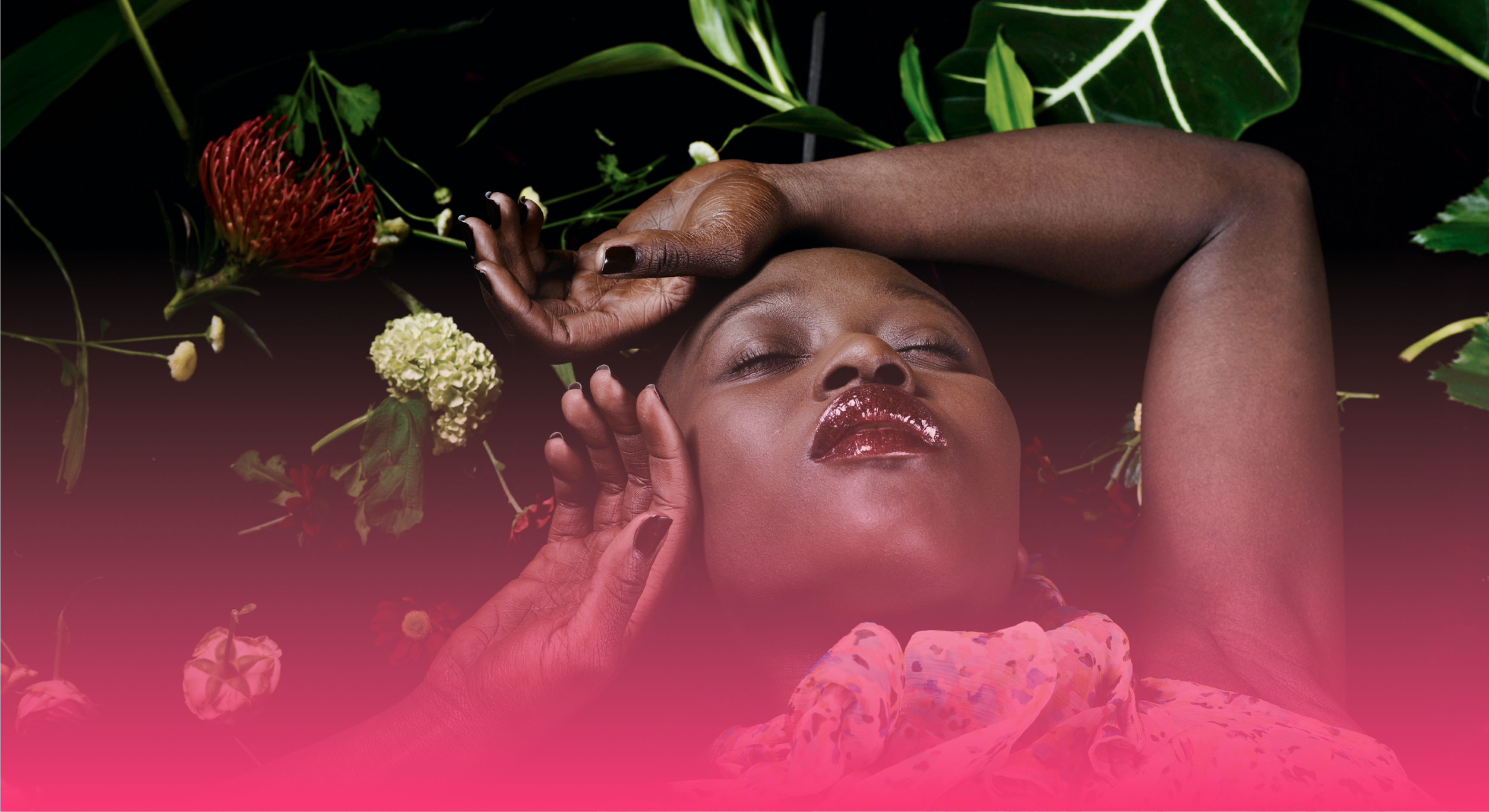Profane Language: What Effect Does It Have?
Who You Calling A B*tch: The Power Of A Word I’d Never Use On My Sister
Share the post
Share this link via
Or copy link
In the wake of The Onion’s unforgivable attack on Black girlhood, I’ve had the opportunity to interact with feminists who theorize that re-appropriating profane language removes its ability to inflict psychological damage.
Though the conversation began with the word “cunt,” it quickly spiraled outward to include the all-purpose “bitch” and all the baggage that it entails. What does it mean? Why does it bother us? Is it harmless?
Must Read: The Onion Uses Derogatory Term To Refer To Oscar Nominee Quvenzhane Wallis
See below for a snippet of one of those conversations that happened on Twitter:
Similar in functionality to the word “n*gga,” I’ve never gotten the appeal of “b*tch.” To be honest, the very thought of re-appropriating patriarchal language intended to belittle and insult is the height of lazy empowerment. The quest for equality is undoubtedly a high-wire balancing act but we have to be very careful not to engage in linguistic double standards while trying to gain our footing. It rings extremely forced and does feminism no favors.
Love HelloBeautiful? Get more! Join the HelloBeautiful Newsletter
We care about your data. See our privacy policy.
True, one could say that words are harmless and that it’s the intent of the user that gives it a positive or negative connotation. And I would love to rock with that train of thought, but it never fails that words like bitch are always unisex. One minute it’s “You better werk, b*tch!” and the next minute it’s “B*tches ain’t sh*t but hoes and tricks.”
We don’t get to wrestle control away from its rightful owner and, in truth, why would we want to? The very use of the word by women is reactionary and does nothing to empower or re-envision a world where equality is the norm and not the struggle. If institutionalized racism remains, what power is to be gained by calling each other “n*gga”? If sexism and misogyny persists, what do we win by calling each other “b*tches”?
Just as a Black face in a White House changed absolutely nothing about our corrupt two-party system, political nepotism and global imperialism, stripping off our clothes and calling each other sluts and bitches — while still existing within the patriarchal system that created the words — does nothing but allow that system to persist.
This is not to say that I personally judge anyone who considers “b*tch” to be a term of endearment, I just don’t fall into the category of people who believe words have no power — I’m a writer, so it would be pretty sad if I believed that. And just as I wouldn’t kiss my sons lightly on their foreheads and say, “I love you stupid muthaf**kers,” I would never call my sisters — blood or otherwise — b*tches.
As the old saying goes: “You can put lipstick on a pig, it’s still a pig.”
And a “b*tch” is still a “b*tch.” And unless I miraculously grow fur, start walking on four legs and barking, that’s something that I’ll never be.
***
Follow Kirsten West Savali on Twitter at @KWestSavali.
LIKE HelloBeautiful On Facebook!
Related Stories:
The Onion Apologizes To Quvenzhane Wallis Via Facebook [PHOTO]
Oh So That’s Where The Line Is? Lil’ Wayne’s Emmett Till Lyric Finally Goes ‘Too Far’
Check Out This Gallery
[ione_media_gallery id=”2625400″]
Related Tags
Quvenzhané Wallis












